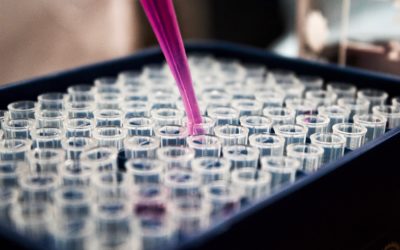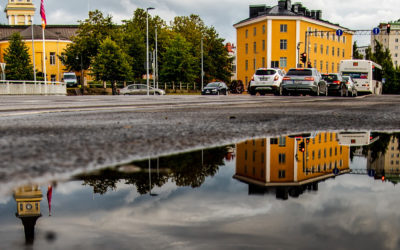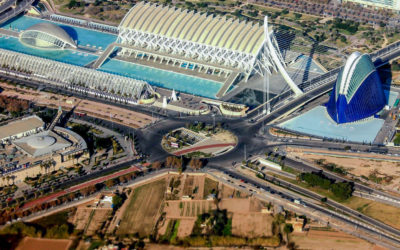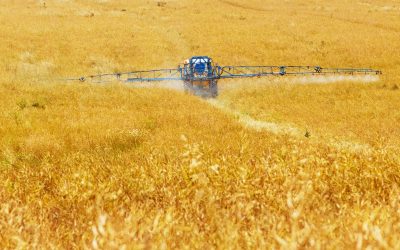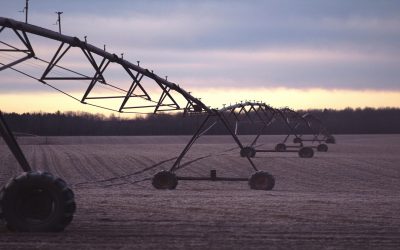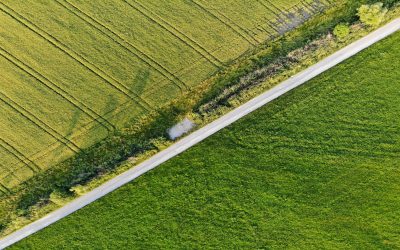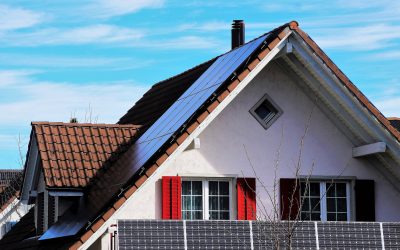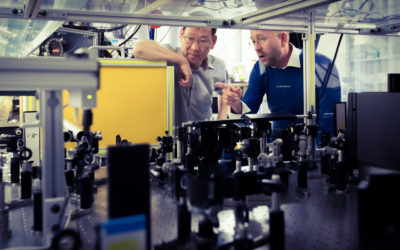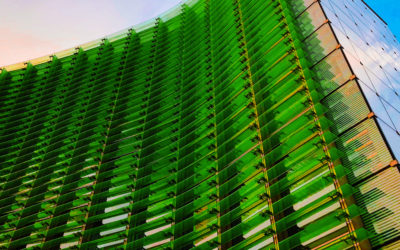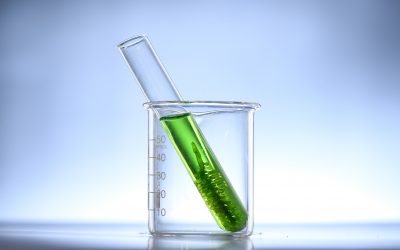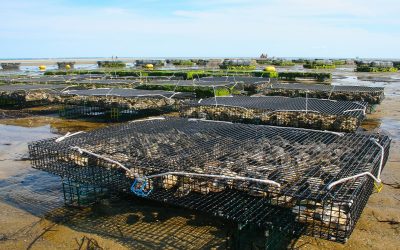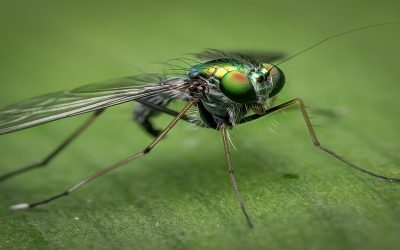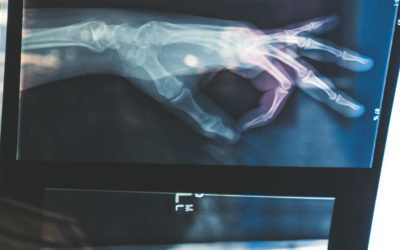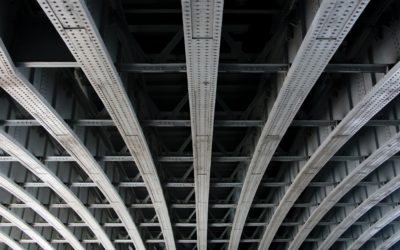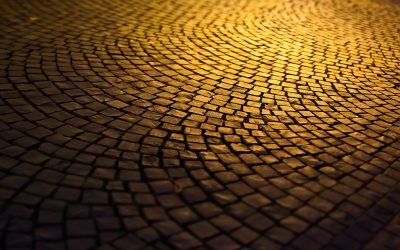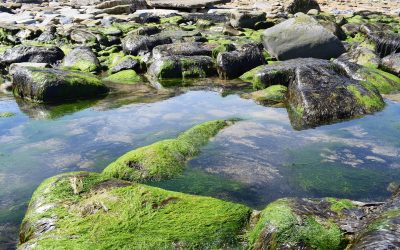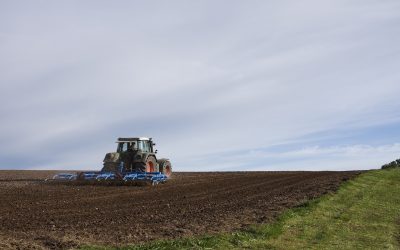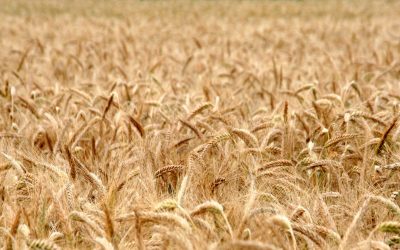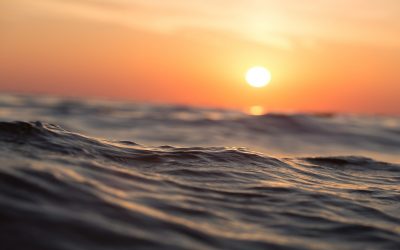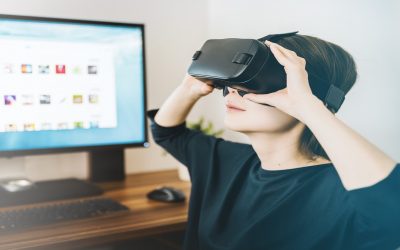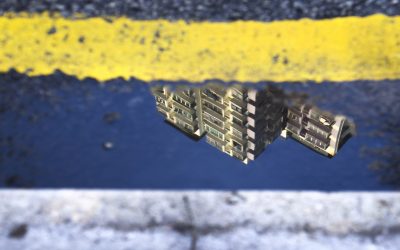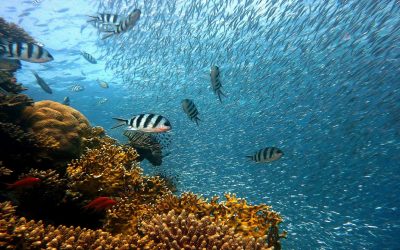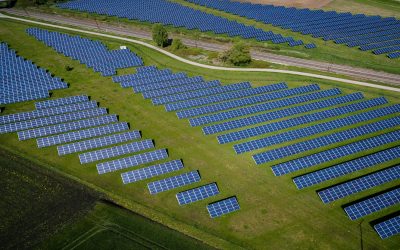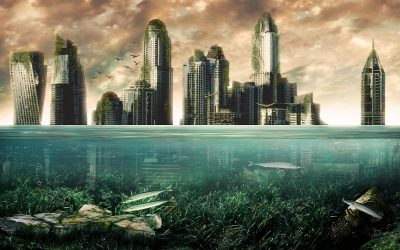CARTIF Projects
Study of the use of alternative protein sources from agro-industrial by-products.
Description
Proteins are one of the essential macronutrients in the diet that are facing a foreseeable shortage due to the strong demand that exists to cover the needs of the coming population. In order to meet this demand, as well as the quality requirements that must be met, new sources of protein need to be incorporated into the diet and processing methods need to be developed to make it easier to obtain and consume. Among the many solutions proposed for this so-called protein transition, the search for new, more sustainable protein sources and the use of technology to make the most of existing resources and use them in a more sustainable way are valued.
As part of its strategy of using technologies to improve the use of alternative sources and the possibility of recovering the value of by-products, the Centre is working on the valorisation of components of the by-product matrix generated during processing and how the use of technologies such as extrusion can help to increase their applicability. In addition, the Centre has been working since the beginning of the Area’s activity on the development of healthier foods by reformulating existing foods, substituting alternative raw materials of greater nutritional value in food formulation and applying processes that promote the increased use of less conventional ingredients and by-products.
The research line aims to increase the extractability of protein sources and other compounds of nutritional interest, naturally present in by-products generated in the transformation processes of the food industry, through the use of “green technologies” of pre-treatment such as extrusion, which allows the transformation of the components of the material to increase its subsequent applicability.
This line includes the need to include equipment that allows the characterisation and quantification of parameters that define the properties of ingredients and finished products at a higher level than conventional chemical determinations. SEM-EDS (Scanning Electron Microscope with Energy Dispersive Spectroscopy) and RVA (Rapid Viscosity Analyser) equipment can contribute significantly to the characterisation of extruded proteins by providing valuable information on the structure, characterisation of particle size and morphology, composition, functional and rheological properties of the extracted proteins.
Objectives
- Acquisition and commissioning of new equipment.
- Identification and improvement of alternative protein sources for incorporation into healthier and more sustainable foods.
- Study of the application of pre-treatment processes as methods for extracting and modifying proteins and other nutrients from agri-food by-products.
- Study of the techno-functional properties of raw materials from valorisation and evaluation of their application to the development of healthy and sustainable foods.
Expected Results
- It will further deepen the knowledge of the starting material by being able to know exactly how the processes affect the molecular structure and thus how they affect the techno-functional properties to the benefit or detriment of identifying new applications for the development of new products.
- Obtaining protein sources from the valorisation of by-products creates an opportunity to meet the Sustainable Development Goals. It will be possible to identify and quantify the effectiveness of these processes and of the extracted proteins to be used as new ingredients without harming the environment.
- A beneficial impact on health, associated with digestibility and amino acid composition, is expected from the way these proteins are extracted, associated with the knowledge that will be established of the process parameters during extraction and the determination of the properties by means of the equipment that is the subject of this investment.
- The aim is to increase the added value of natural resources such as the by-products generated by the usual activity of the food industry to be used as a source of new ingredients, thus closing the production cycles and helping to minimise the impact of food waste.
R&D Line
- Research into the use of new protein sources and application of innovative technologies for modifying the techno-functional properties of ingredients and obtaining new food products.
Subvención de Apoyo a la inversión para la mejora de las capacidades científicas y tecnológicas de los Centros Tecnológicos de la Comunidad de Castilla y León (2023)
File: 2023 CCTT 09
![]()
![]()
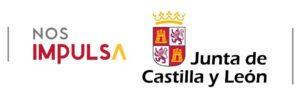
Total Budget: 342,000€
CARTIF Grant: 171,000€
Duration: 02/10/2023 – 31/05/2024
Co-financed with ERDF funds contributing to the Policy Objective “OP1: A more competitive and smarter Europe, promoting innovative and intelligent economic transformation and regional connectivity to information and communication technologies”.
Responsible
Belén Blanco Espeso
Division of Agrifood and Processes
Networking
Other projects:
REPLACE
REPLACE aims at developing new methodologies to try to solve a critical environmental problem, the destruction of plastic wastes proceeding from petroleum.
NUMASTA
NUMASTA allows the development of a new generation of FRP sandwich panels for its application in the wastewater treatment sector. The distinguishing characteristic is presented in its core, based on a polyurethane foam, manufactured using formulations designed “à la carte” through a manufacturing process in a single stage where the curing process of the leathers and the foaming of the core take place in a synchronous
CYTOPREP
The objective of the CytoPrep project is the design and development of an integral solution consisting of new reagents, devices and equipment. Which are part of a new methodolody for the preparation of samples for analysisi by flow cytometry (CMF).
Lashare
Lashare conducted 28 Laser-based Equipment Assessments (LEA-Laser-based Equipment Assessments) addressing a broad range of laser applications.
MAKING-CITY
MAKING-CITY’s main objective is to achieve low-carbon cities thanks to the development of strategies aimed at transforming the urban energy system.
BIM-SPEED
BIM-SPEED has as its main objective to seeks to increase the use of BIM methodologies in the deep renovation of buildings for energy efficiency
OptiGrid
The objective of the Optigrid project is the research and development of concepts and services that allow greater flexibility in electricity generation and demand.
LIFE NEXUS
Urban water networks could became a source of renewable energy. Energy harvest in water industry using micro-hydropower technology.
MAtchUP
MAtchUP is a demonstration project whose main objective is the implementation of innovative technologies in the energy, mobility and ICT sectors
SUDOKET
The Sudoket project focuses its activity on the mapping, consolidation and dissemination of Key Enabling Technologies (KETs) for the construction sector in the SUDOE space.
SISGENER
SISGENER’s objective is the development of a low-cost comprehensive energy management system for the management of generation and consumption that takes place in buildings with centralized services.
NUTRIMAN
The purpose of NUTRIMAN is for farmers to understand and know the real benefits of fertilizers of biological origin and how to adopt and use them in a practical way in their crops.
NUTRI2CYCLE
NUTRI2CYCLE addresses the current gaps in the N, P and C cycles of different European agricultural systems and the related environmental problems by implementing optimized management systems whilst having a positive trade–off with productivity, quality and environmental impact.
PENNYFUEL
The PENNYFUEL project aims to demonstrate the technical-economic-environmental feasibility of a sustainable strategy for the production of biodiesel, based on Thlaspi arvense (Pennycress) oil.
LIFE myBUILDINGisGREEN
LIFE myBUILDINGisGREEN provides Nature-based solutions for the local adaptation of education and social buildings in the face of Climate Change
GO INPULSE
The INPULSE Operating Group (GO_INPULSE) was created to strengthen the cultivation of legumes in Spain and reduce the external dependence of protein for feed through the joint work of different actors.
HOUSEFUL
HOUSEFUL proposes an innovative paradigm shift towards the circular economy in the housing sector. The main objective is to develop and demonstrate an integrated systemic service (HOUSEFUL Service) composed of 11 circular solutions co-created by the agents involved in the housing value chain.
LIFE HUELLAS
LIFE-HUELLAS project looks for the enviroonmntal assessment of the life cycle of the rail transport to correctly assess its environmneta impact.
SMART FACTORY
Smart Factory project has addressed industrial research and technological validation of advanced data and information management systems for manufacturing industries in Castilla y León.
CCliMAP
The CCliMAP project has the general objective of providing resources and instruments to aid decision-making for the reduction of greenhouse gases
I-visart
i-Visart, “New artificial vision methodologies for the visual inspection of highly reflective and textured surfaces”.
It is an industrial research project framed in the field of computer vision (digital enabler of industry 4.0) associated with the industrial sector.
NBS-Lab
The NBS-Lab project research on the functional use of natural resources to solve environmental problems arising from current climate change and ecosystem deterioration of urban and peri-urban areas.
The project seeks competitive positioning of regional companies in the field of Nature Based Solutions (NBS).
TEC4ENERPLAN
The main objective is the development of advanced methods for energy planning at different scales (building to region), that support the development of tools. It will offer a working basis to those entities responsible of the generation, deployment and evaluation of energy actions aimed at the compliance with the energy efficiency objectives 2020–2050
BIOMETRANS
The BIOMETRANS project seeks to promote the recovery of dry and wet biomass waste generated in the Ibero-American Region, through the production of biomethane and promote its use as transport biofuel.
ALTERNFEED
ALTERNFEED aims to obtain sustainable alternatives to the use of fishmeal and fish oil or Krill in the manufacture of aquaculture feed giving added value to several alternative ingredients at the same time, in order to take advantage of the characteristics of each and its synergies.
GO INSECT
GO_INSECT investigate the possibilities of insects as a source of alternative and sustainable protein for food and identify the necessary requirements that ensure the technical-economic viability of projects related to industrial breeding of insects
Sharem
The main objective of SHAREM is to design, develop and validate a modular and configurable robotic system, for the realization of rehabilitation, habilitation or stimulation therapies of the upper limbs.
PRIMICIA
The progress of studies in this area, will allow to specify diets based on the specific requirements of each person and will allow to determine a personalized nutrition for populations with common characteristics, particular groups and individuals
SORTI
The objective of the SORTI project is to develop optical systems based tools and new technologies to properly identifying, monitoring and managing of structural risks in buildings.
REUSEHEAT
The objective of the ReUseHeat project is to demonstrate pioneering, advanced, modular and replicable systems that make it possible to reuse the excess heat available on an urban scale.
REZBUILD
The main objective of the REZBUILD project is to create a collaborative rehabilitation ecosystem, integrating innovative technologies, and focusing on the existing housing stock. The aim is to increase the annual rate of building renovation from the current 1% to try to reach 2.5%.
LIFE ALCHEMIA
El Proyecto LIFE ALCHEMIA busca eliminar la presencia de radiactividad natural, uno de los retos actuales del agua de consumo humano.
LIFE ALGAECAN
The LIFE ALGAECAN project proposes a new wastewater treatment system from fruit and vegetable processing by combining the cultivation of heterotrophic microalgae with spray drying of the collected microalgae.
REMESOL
REMESOL aims to recover depleted soils with low agricultural production by applying artificial soils based on mixtures of waste, by-products and products.
LIFE REFIBRE
The LIFE REFIBRE project aims to solve the environmental problem involved in the accumulation of this amount of waste from wind turbine blades in the landfill.
PROALI
The PROALI Project develop the application of new technologies for food development, searching for opportunities in new matrices that can be used for the formulation of flours aimed at groups of young people, focusing on gluten-free raw materials.
LIFE BIOMASS C+
LIFE Biomass C+ aims to demonstrate improvements in climate mitigation strategies through the production of sustainable biofuel.
LIFE GySTRA
LIFE GySTRA will provide the most effective solution for this problem, creating a global system to precisely quantify vehicle emissions in real driving situations, not only to control them, but to support the creation of a policy to achieve its reduction
QUDRA
Energy improvement plan that allowed the reduction of municipal energy expenditure and the training of municipal technicians in energy matters
HABITAT-RA
CARTIF, has designed and developed a new module based on AR for smart glasses based on the recognition of QR markers to launch the experiences of AR, particularized for three technological pilots: Risk identification, Management of machine maintenance and Machine status monitoring
URBAN GreenUP
RBAN GreenUP objective is the development, application and replication of Renaturing Urban Plans in a European and non-European cities with the aim to mitigate the climate change effects
DISRUPTIVE
DISRUPTIVE is a cross-border cooperation project which strives to promote and strengthen the collaboration, exchange and scientific production of the Digital Innovation Hubs (DIHs) located in Castilla y León and in the North of Portugal.
AQUAMUNDAM
AQUAMUNDAM pursues an improvement in the sustainable management of the integral water cycle, for this the development and demonstration of both methodologies and a modular information system that facilitates inter-administrative communication and of different agents with competence in the integral management of water is contemplated
POCTEP ESMIMET
POCTEP ESMIMET generates a network of scientific-technical knowledge and R & D & I around the development of metal mining capabilities that allow the development of regional and joint activities, projects and initiatives of high added value in different areas of I + D + i.
mySMARTLife
The mySMARTLife project seeks to create sustainable and ecological cities, increasing energy efficiency, the use of renewable energy and reducing CO2 emissions.
SMART-ROT
The SMARTROT project aims to ensure high maintainability and predictive fault detection in eddy current rotary inspection equipment used in the bar, wire and tube processing lines of steel processes.
Nature4Cities
Nature4Cities’ objective is to improve decision-making in cities with collaborative nature-based models that can be integrated into urban planning in cities.
LIFE LEACHLESS
The LEACHLESS project proposes a treatment model that will be carried out “in-situ” using a cost-effective novel technology that combines solar evaporation/condensation plus forward osmosis


